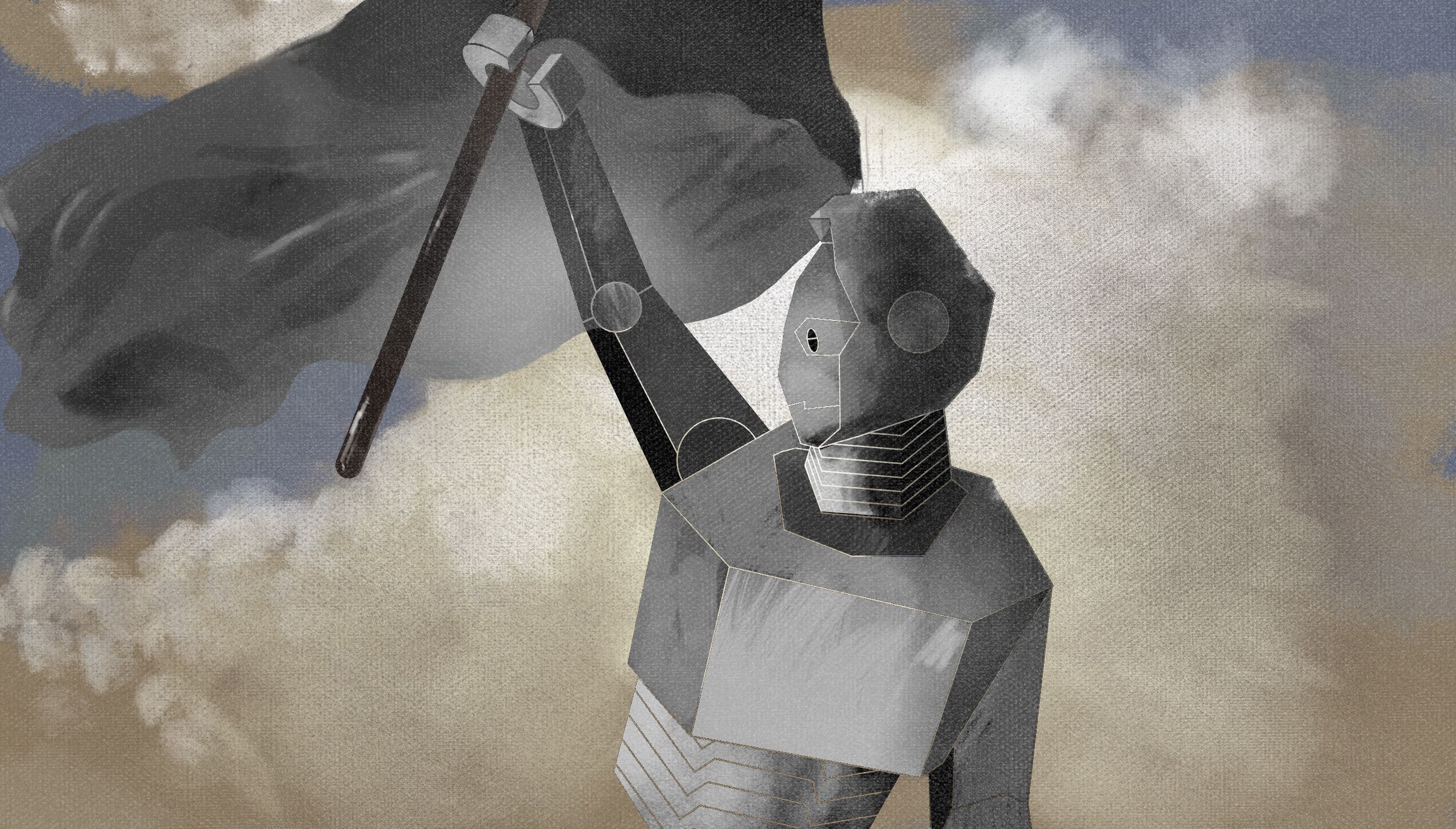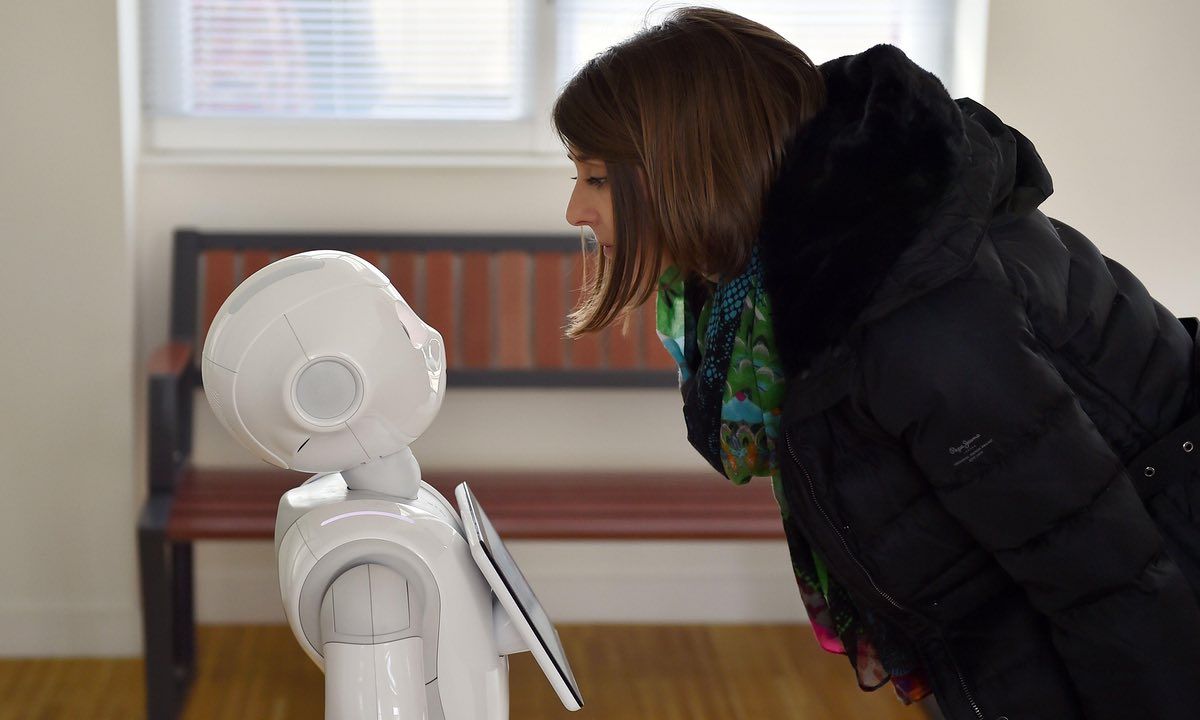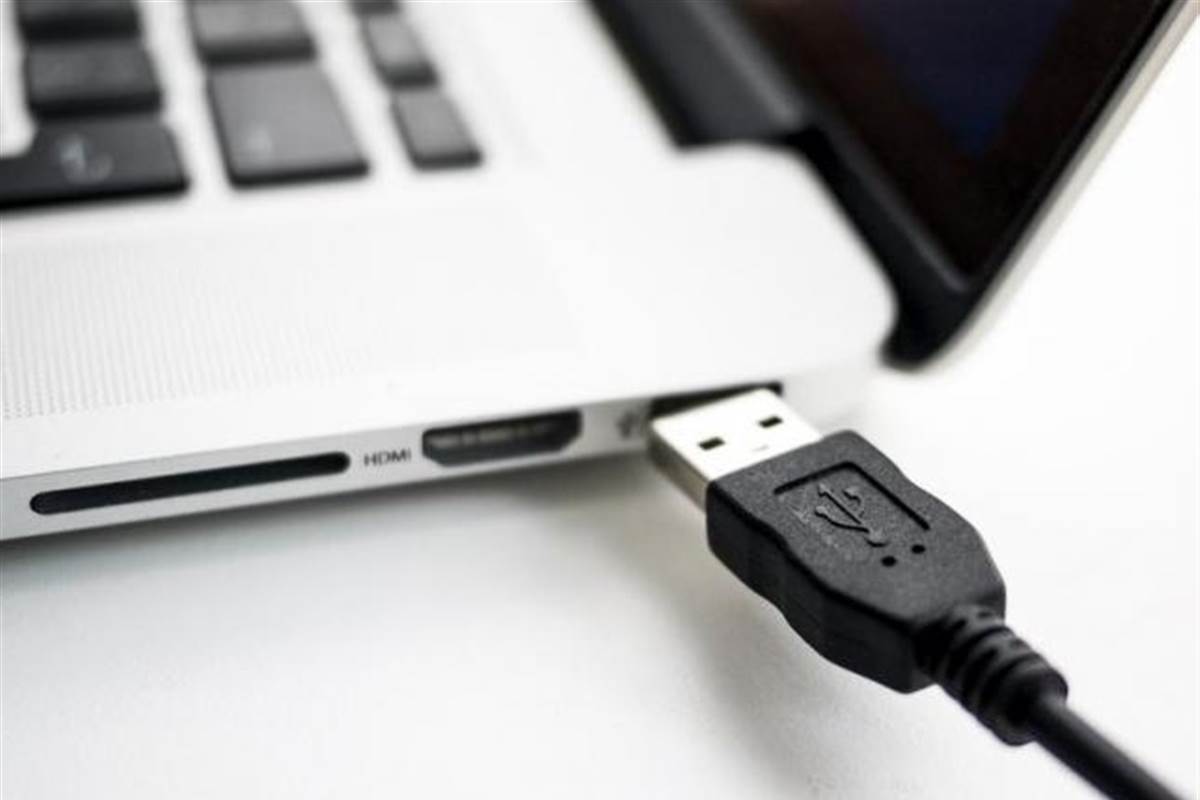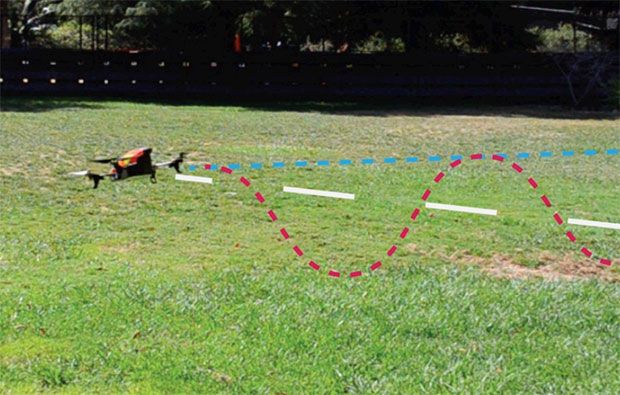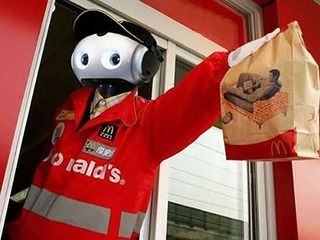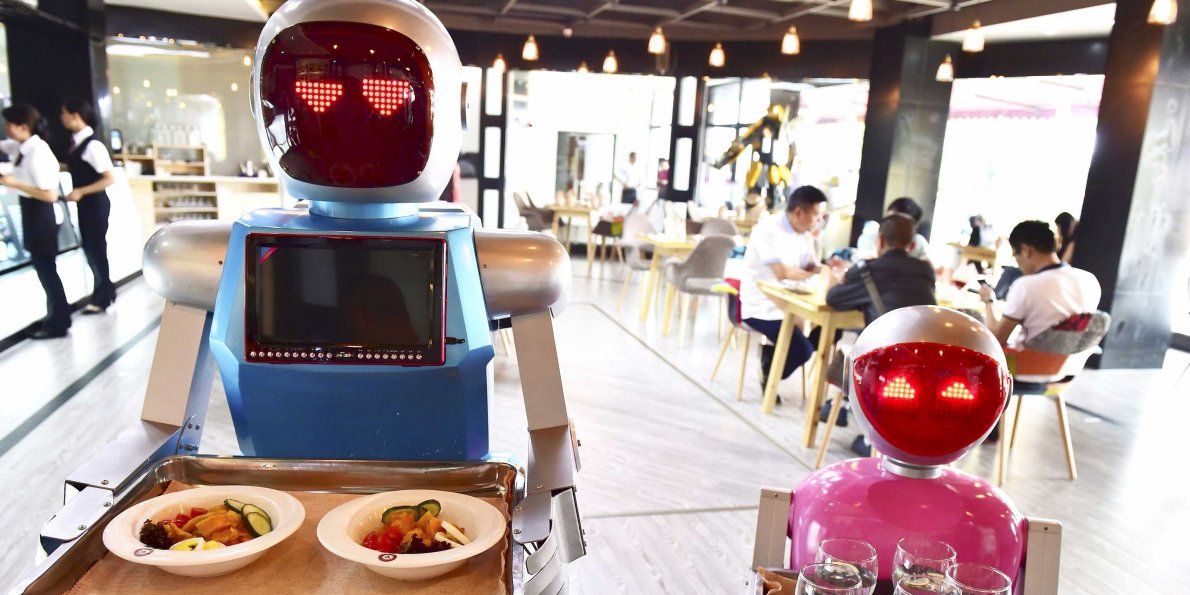My new article for TechCrunch on capitalism and the robot revolution:
Economic experts are trying to figure out a question that just two decades ago seemed ridiculous: If 90 percent of human jobs are replaced by robots in the next 50 years — something now considered plausible — is capitalism still the ideal economic system to champion? No one is certain about the answer, but the question is making everyone nervous — and forcing people to dig deep inside themselves to discover the kind of future they want.
After America beat Russia in the Cold War, most of the world generally considered capitalism to be the hands-down best system on which to base economies and democracies. For decades, few doubted capitalism’s merit, which was made stronger by thriving globalization and a skyrocketing world net worth. In 1989 — when the Berlin Wall fell — the world had only 198 billionaires. Now, according to Forbes, there are 1,826 of them in 2016.
Despite growing riches, when banks collapsed in 2007 during the Great Recession, the world stepped back and wondered aloud if a more nuanced approach to economic progress was needed. These doubts of 21st century capitalism helped set the stage for an economic paradigm shift just starting to appear — economists observing jobs not just disappearing to other countries, but disappearing off the face of the Earth. The culprit: robots and software.
At first, the warnings of this weren’t very loud. After all, economies and companies thrive because of modernization, which includes upgrading with new tech to make and save money. But in the last year, a growing chorus of people are beginning to see a tipping point, maybe a decade in the future, where tens of millions of jobs may be lost in as short as a five-year period — which would be many more times the jobs lost during the Great Recession.
